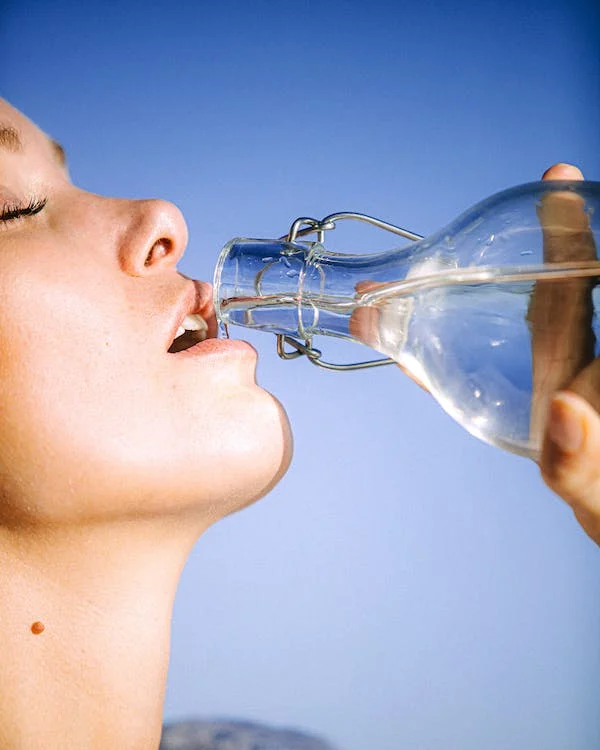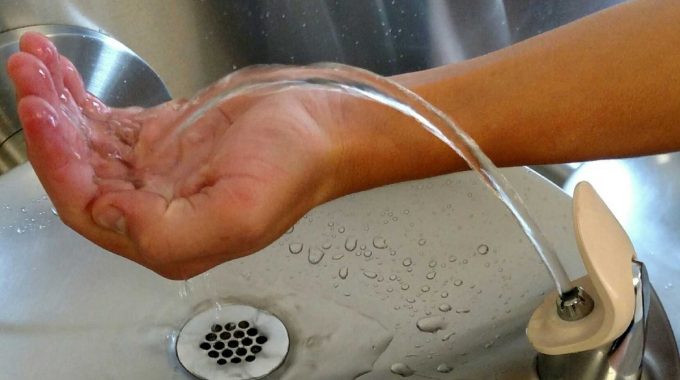What Water Is Best to Drink?
Water is the basis of our diet. While many advertisements extol the virtues of mineral waters, the health authorities demand a thorough control of tap water.
Rainwater is the origin of all the water resources we use, whether groundwater or rivers. But before reaching the groundwater or rivers, rainwater runs off and passes through the soil. This is when it is loaded with various pollutants.
How to choose the water you drink? What does it contain? This post answers all your questions.
Beware of sources of water pollution
Water loaded with heavy metals
Water that runs off roofs or gutters is loaded with zinc and lead and when it reaches the groundwater, it absorbs different minerals depending on the rock with which it is in contact.
Water in contact with granitic rocks is loaded with arsenic, aluminum, and iron, and water in contact with limestone rocks absorbs fluorine, manganese, and magnesium.
Air pollution
Atmospheric pollution also leads to water pollution, especially acid rain loaded with sulfate, sodium, calcium, ammonium, nitrates, and pesticides.
Agriculture
Agriculture is one of the major sources of water pollution.
Fertilizers are loaded with nitrates. Pesticides are also extremely present in water.
Phytosanitary products are estimated to pollute at least 60% of water catchments.
Household waste
Cosmetics, medications, deodorants, laundry detergents, and other household products we throw away daily are constant sources of water pollution.
Presence of bacteria in water
Studies have shown the presence of bacteria in drinking water.
In some areas, bacteria levels in water are at record levels, especially for fecal bacteria. They are even more important than the levels of pesticides and nitrates.
These waters are responsible for 10 to 30% of acute gastroenteritis.
Characteristics and composition of water: which one to drink?
Tap water
The sanitary norms concerning drinking water are very strict. But this does not prevent the levels of pesticides, heavy metals or nitrates that largely exceed the recommended thresholds.
If you wish to consume tap water, it is advisable to follow these few recommendations:
Let the water run for a few seconds before consuming it because of the traces of lead in the pipes contaminating stagnant water.
Avoid drinking water that has been stagnant for more than 24 hours.
Install a water filtration device on your tap or in your carafe so that it is free of pollution as much as possible.
Good to know: to avoid the bleach taste of the water due to the presence of chlorine, put the water in a cool place and add a few drops of lemon.
Here are the advantages of tap water compared to spring and mineral water:
It is much cheaper than bottled water.
Because it is subject to strict controls, its quality remains very good.
It is less harmful to the environment than bottled water because its transport does not require oil and does not generate any waste.
Mineral water

Mineral water comes from deep underground aquifers and is therefore protected from human pollutants and bacteria.
On the other hand, some waters are highly mineralized and therefore do not meet the standards for drinking water:
Their fluoride and sodium levels are often very high.
Mineral waters have stable mineral compositions, unlike tap water.
Each one has its own characteristics: balancing the intake of magnesium and calcium, facilitating digestion… Therefore, it is advisable to read the labels carefully and ask your doctor for advice on the waters that should be consumed according to your profile.
Good to know: in order to consume mineral water properly, store the bottles away from light and heat. Once opened, consume the water within 24 hours and keep the bottles refrigerated.
Spring water
Spring water, like mineral water, comes from underground water tables or deposits. It is, therefore, naturally pure and protected from pollution, so no germs or pesticides are deposited in it.
Unlike tap water, neither spring nor mineral water can undergo chemical treatments. However, they can undergo decanting, oxygenation or filtration operations to eliminate toxic substances such as arsenic, iron, or manganese.
Spring water does not have a stable mineral composition, unlike mineral water, whose stable composition in trace elements is due to the nature of the rocks it passes through.
Hope this post has convinced you to drink tap water. Remember to leave a few words in the comments below.

